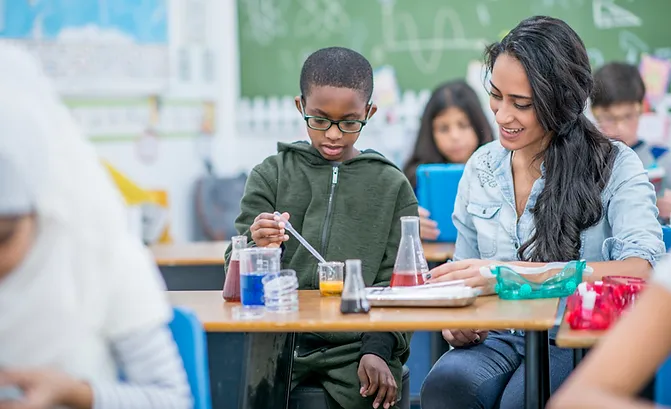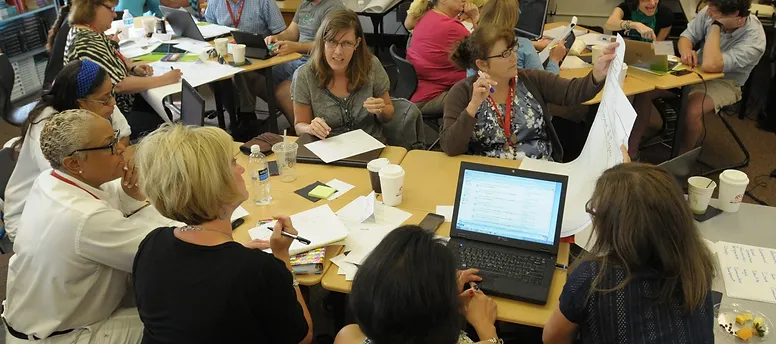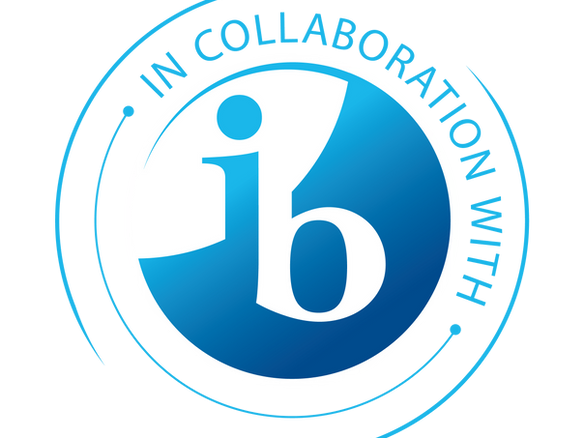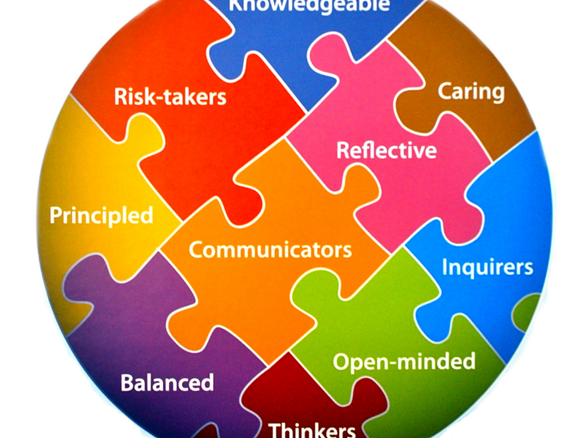Updated: Nov 29, 2021
January brings feelings of hope, new beginnings, and resolutions focused on specific improvement goals. Many of us have reflected upon our current state of personal affairs and pinpointed areas to target for the new year. In our schools, this means that with the first half of the school year behind us, we have qualitative and quantitative data to examine when looking at the “whole child”. This information, along with another critical feature, context, can help guide our decisions about how to support our students’ academic and social-emotional growth as we move into the second half of the schoolyear. Questions we can ask include: What do our students need from school? How will we provide our students the education they need? What preparation do we need to be best-equipped to provide for our students? The first question will be addressed in this post.
What do our students need from school?
Our students need to be able to function in a global society. Encyclopedia.com defines global education and global learning in this way:
Global education, or global studies, is an interdisciplinary approach to learning concepts and skills necessary to function in a world that is increasingly interconnected and multicultural.
Global learning- The curricula based on this approach are grounded in traditional academic disciplines but are taught in the context of project-and problem-based inquiries.
Global education, in the context of our students being prepared to succeed in life, has to take into consideration more than academics. It must include the whole child. The business of school is future-focused. Currently, that means that we must prepare our students and ourselves for a fast-paced, ever-changing world. A multitude of things must be thought through for such a monumental task, but here are a few to start off.
Consideration 1
I recently had the opportunity to share in the reflections of middle grades students on the topic of school. They discussed ways that they could be more successful in school including pacing, time and support for learning activities, as well as ideas around anxiety, encouragement, emotional support, teacher relations, student voice and choice, empathetic actions, social development, and motivation. Their thoughts led me to Association of Supervision and Curriculum Development (ASCD)’s Whole Child Initiative. Specifically, this quote aligned so well with what the students themselves suggested they needed to be successful:
A whole child approach, which ensures that each student is healthy, safe, engaged, supported and challenged, sets the standard for comprehensive, sustainable school improvement and provides for long-term student success. (ASCD)
This approach challenges us to look at the student from every angle; heart, body, and soul. It humanizes each child and compels us to fulfill a huge and holistic mission . . . to truly see every aspect of our students’ potential.
Consideration 2
Ariel Tichnor-Wagner, Senior Fellow of Global Competence at ASCD, had this to say in her March 8, 2018 blog post for ASCD in Service, Why Global Education Matters:
Global education is an effective way to support students’ holistic academic, social, and emotional development.
She identified these four student outcomes which global learning could enhance, in regards to holistic successes: Student Engagement, College and Career Readiness, Social-Emotional Learning, and Student Empowerment. She goes on to elaborate on the connection between the whole-child approach and the importance of a global education.
Consideration 3
Tichnor-Wagner’s perspective connects to another organization that considers the whole child and the value of a global perspective in education, the International Baccalaureate (IB). In What is an IB Education? Support Material, the IB describes international-mindedness in this way:
International-mindedness is a multifaceted concept that captures a way of thinking, being and acting characterized by an openness to the world and a recognition of our deep interconnectedness to others. It is at the centre of both the culture and curriculum in IB World Schools—it is the hub that connects the different elements of an IB education.
The IB further presents a profile of who they want students to be through the IB Learner Profile: Inquirers, Knowledgeable, Open-minded, Caring, Thinkers, Risk-takers, Communicators, Balanced, Principled, and Reflective. They believe these attributes describe an internationally-minded person. Both the definition and profile for learners are deeply focused on a vision for who students will be as people and what they will be capable of and motivated to do. The IB Learner Profile sets up the requirements for the types of learning experiences that will need to occur for this vision for students to be actualized.
These three considerations could provoke other perspectives for discussion on this topic. In Part 2 of this two-part series, we will briefly examine the remaining two questions for a global education shift.





